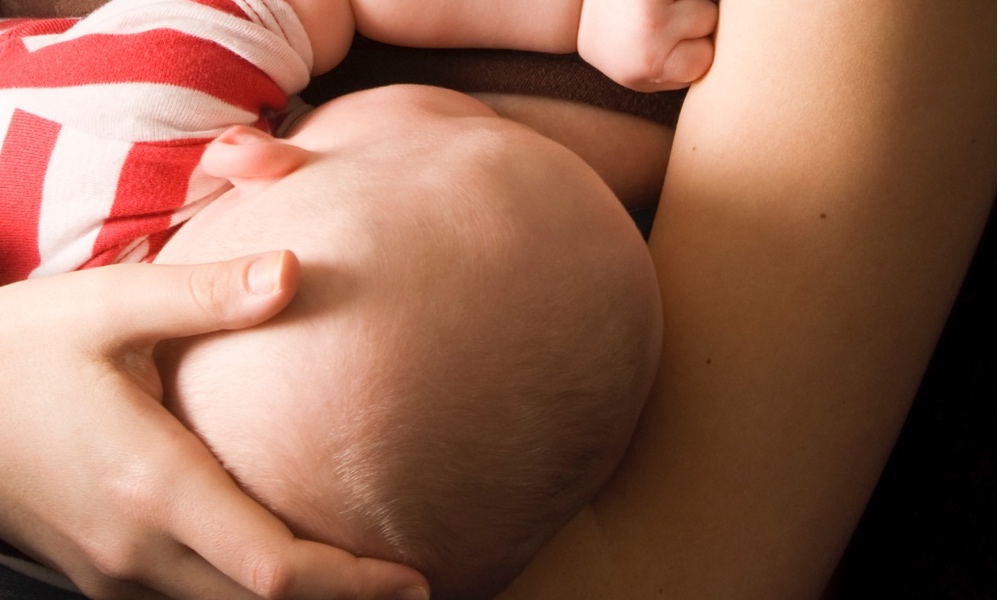Breastfeeding doesn't just benefit babies. It's good for moms, too. Previous studies have found that breastfeeding may have short-term benefits for moms, including lowering cholesterol, blood pressure and blood sugar levels after pregnancy. It may also help women lose extra baby weight.
It's been less clear whether there are any long-term benefits of breastfeeding. Now a new Chinese study has found that women who breastfed their babies had about a 10 percent lower risk of heart disease and stroke as they entered middle age.
Researchers from China and England looked at data from a geographically and socioeconomically diverse population of almost 300,000 Chinese women with an average age of 51. Study participants were enrolled in the China Kadoorie Biobank study, and had provided information about their reproductive history and lifestyle habits.
About 99 percent of the women had given birth and about 97 percent had breastfed with an average duration of 12 months per child. None of the women had cardiovascular disease at the time they enrolled in the study. When looking at the data, researchers accounted for health and lifestyle factors such as smoking and alcohol use, physical activity, body mass index, systolic blood pressure, and history of hypertension and diabetes mellitus.
Women who breastfed had a nine percent lower risk of heart disease and an eight percent lower risk of stroke, compared to those who never breastfed. And longer was better: women who breastfed each of their babies for two years or more had an 18 percent lower risk of heart disease and a 17 percent lower risk of stroke, compared to those who never breastfed. Each additional six months of breastfeeding per baby lowered heart disease risk by four percent and stroke risk by three percent.During pregnancy, women store fat for fetal growth. It may be that breastfeeding helps get rid of this stored fat faster and more completely.
“The health benefits to the mother from breastfeeding may be explained by a faster ‘reset’ of the mother’s metabolism after pregnancy,” Sanne Peters, a co-author of the study, said in a statement. Pregnancy significantly changes a woman’s metabolism as she stores fat for fetal growth and breastfeeding, added Peters, a research fellow at the University of Oxford. It may be that an extended period of breastfeeding helps get rid of this stored fat faster and more completely.
The authors noted that in previous studies of Western populations, women who breastfed were more likely to be wealthy and live a healthier lifestyle. In the current study, this pattern was reversed, and poor women from rural areas of China reported they breastfed for longer periods compared to their wealthier urban counterparts. Even when lifestyle and socioeconomic factors were taken into account, they did not affect the results.
Because they relied on information provided by the participants about their breastfeeding histories, the findings of the study were observational and did not prove that breastfeeding lowered a woman’s risk of heart disease and stroke. More research efforts are needed to prove cause and effect.
Breastfeeding moms release oxytocin, a hormone that helps relax blood vessels, explained Goldberg, who was not associated with the current study, and this relaxation can protect against the buildup of plaque in the blood vessels. Similarly, exercise also relaxes blood vessels. So women who choose not to breastfeed can still reduce their risk of heart disease and stroke by following a healthy lifestyle. “I want people to know this is an interesting finding, but breastfeeding is still a personal choice,” she said.
The study is published in the Journal of the American Heart Association.





